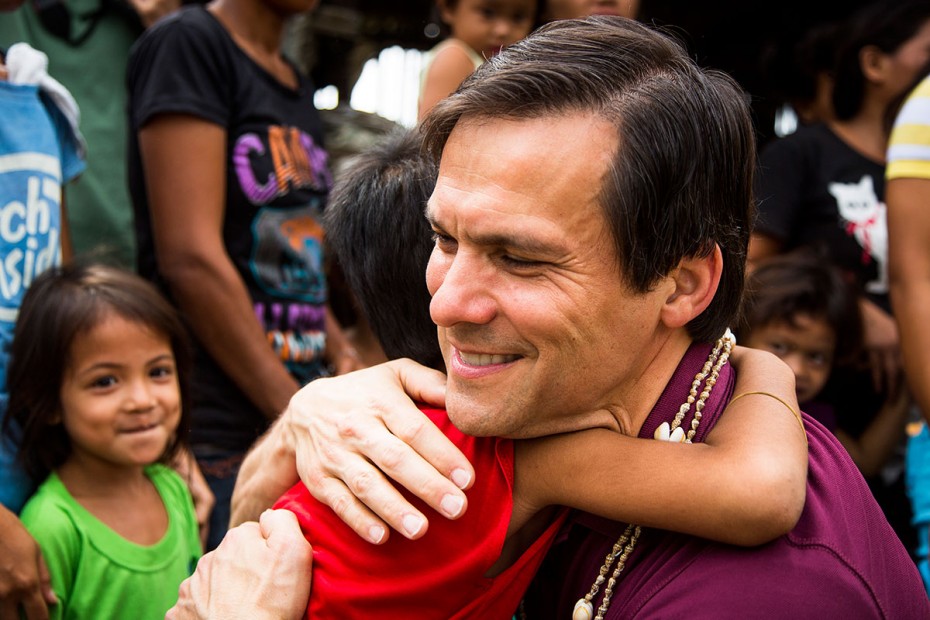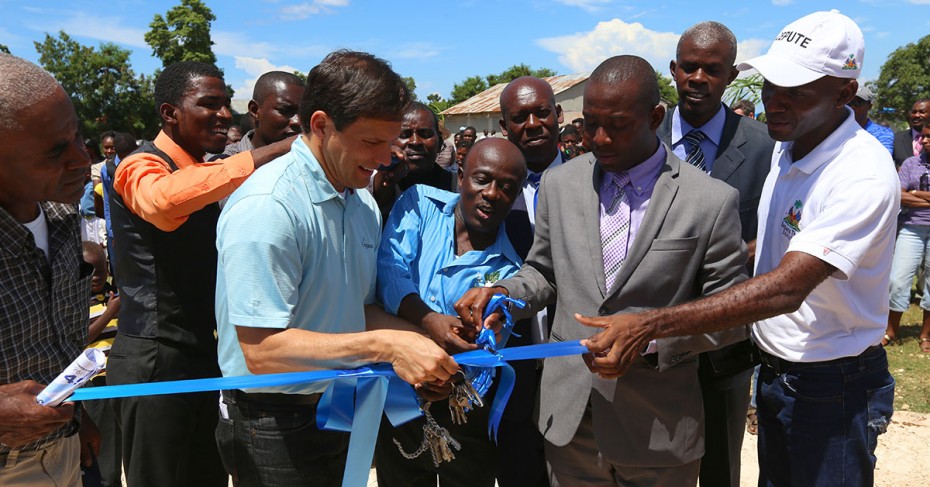Ask Jimmy: Leadership Development, Gifts and Prayer

What changes are in the works for our Leadership Development Program and how can you best meet the needs of the child you sponsor? Find out in the last part of the “Ask Jimmy” blog series.
Continue Reading ›Ask Jimmy: Global Development Improvements and Church Partnership

In part two of the “Ask Jimmy” blog series, Jimmy unpacks how we select the countries in which we work, shares about some positive global development in those countries and explains why we choose to partner with the local church.
Continue Reading ›
Ask Jimmy: The Olympics, Success and College
We recently asked you on Facebook, “If you could ask Compassion president Santiago “Jimmy” Mellado one question, what would it be?” We got a great response and over the next few weeks we’ll be publishing his responses to your questions here in our “Ask Jimmmy” blog series.


